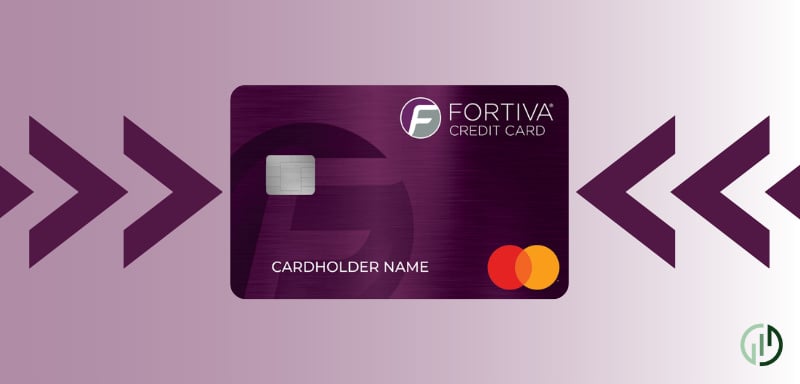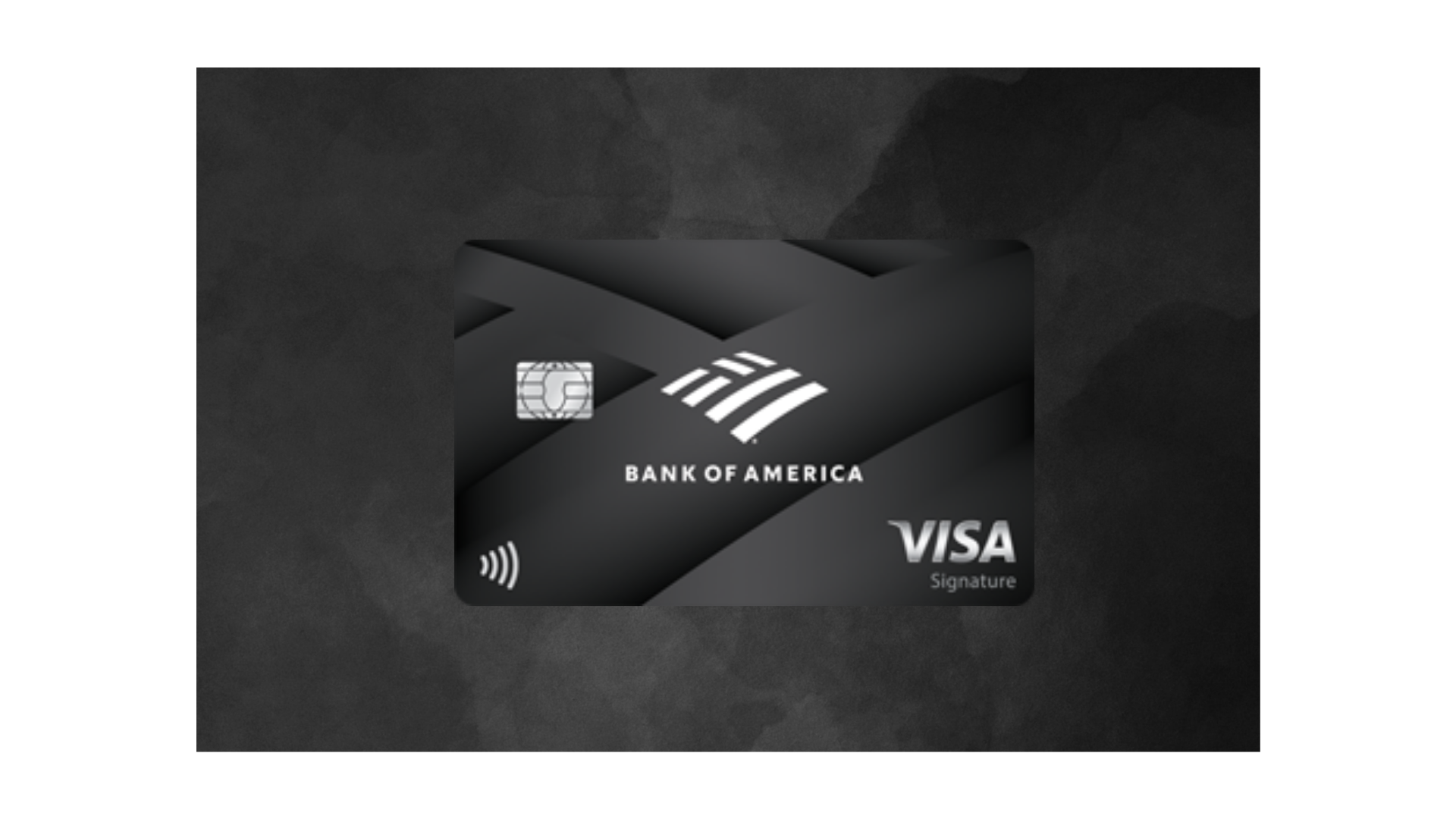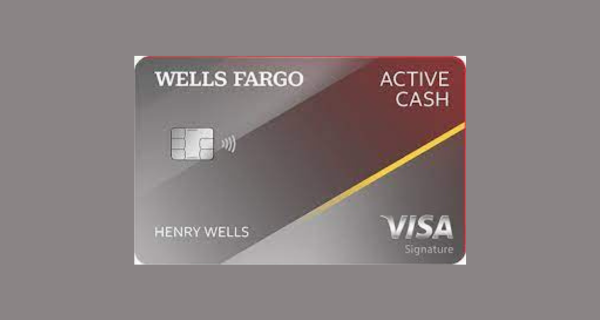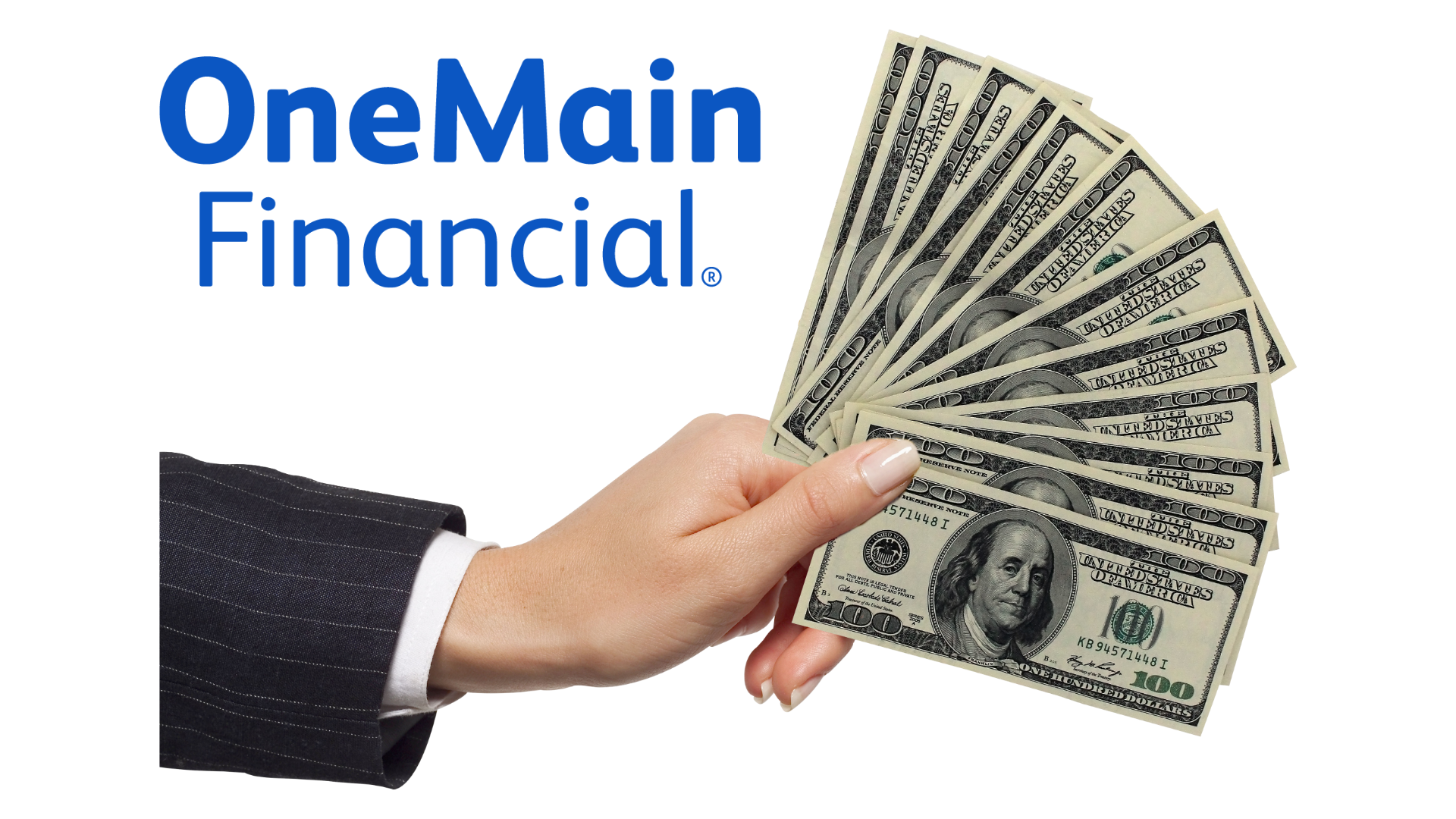Credit Cards
A guide to understanding your credit scores
Even if you don't understand what a credit score is, it will affect your financial life. So, what about learning about it? This guide has some vital information for you.
Anuncios
Learn everything about the credit scores

When we’re talking about finances and credit cards, we constantly hear about the subject of credit scores. It’s a recurring subject, but one that is often surrounded by a fog of doubts.
This uncertainty is not surprising in a society that does not have financial education as a priority. In fact, most of us spend our lives being swept along by the tide of economic terms, not knowing what they mean or how to arrange them in our favor.
This article will clarify what the credit score is, what it is composed of, and how to improve your score. Believe it is possible.
Credit scores: what are they?

Having a good credit score can help you in many moments of life. Whether to solve a problem or create new possibilities, your credit score should be an ally in your life journey.
But what exactly are credit scores?
Your credit score is a 3-digit number made up of a series of calculations that consider various factors of your credit history. Although we don’t know precisely the equations, we know which factors are taken into account and which have greater or lesser weight in the result.
Five major factors directly impact your credit score. Let’s take a look at each one of them:
- Payment history: This factor has a significant impact on your credit score, composing 35% of it. You should always pay your bills on time to keep a good payment history.
- Credit utilization rate: It is the proportion between how much credit you have and how much you’re using. If you keep getting too close to your credit limit, this will negatively impact your credit score. Your amount owned weights 30% of it.
- Length of credit history: This will show for how long you’ve been a credit user. It is good to start managing a credit account as sooner as possible. There are many entry credit cards ta will give you a little credit, to begin with.
- Recent credit accounts open: Each time you apply for a new credit card or loan will result in a hard inquiry on your credit score. Opening too many new accounts in a short amount of time can lower your credit score.
- Variety of credit: This factor will consider how many different types of credit lines you have (credit cards, mortgage, personal loans, car loans, etc.).
Serás redirigido a otro sitio
Learn the 5 different levels of credit scores

There are more than one credit scoring model and credit bureaus. Lets put side by side the FICO model and the VantageScore to see how each of them divides the score range:
| FICO | VantageScore |
| 300 to 579: Very poor | 300 to 499: Very poor |
| 580 to 669: Poor | 500 to 600: Poor |
| 670 to 739: Good | 601 to 660: Fair |
| 740 to 799: Very good | 661 to 780: Good |
| 800 to 850: Excellent | 781 to 850: Excellent. |
The better your credit score is, the lower the interest rates you’ll face. You’ll get access to better credit lines and loans because the market will trust you more. Unfortunately, if you have a bad credit score, you’ll have to accept high-interest credit offers and won’t be able to borrow more significant amounts of money with lenders.
Find out how to improve your credit scores with our tips!
If your credit score isn’t the best at the moment, don’t despair. This is not a financial death sentence, and it is not a lost cause.
There are several ways to improve your credit score. With a bit of patience and discipline, you can achieve great results. The Credit Stacker has selected some simple tips for you. Check them out:
Get a credit card and use it well!
If you are a student, there are credit cards for you with lower limits. If you’re not a student, choose a credit card that doesn’t require a high credit score for approval. They usually have higher interest rates, but you won’t let bills slip or get too close to your limit. Otherwise, the strategy won’t work.
A safer option would be a secured credit card, where you make a deposit, and your credit limit will be equivalent to the amount deposited. With your credit card in hand, you’ll start paying little everyday expenses with it. At the supermarket, drugstore, cafeteria, everywhere you make purchases that you would usually pay with money or debit card.
Keep paying your revolving credit frequently, and do not allow your utilization rate to get too close to your limit. This responsible utilization will improve your credit score, and you may even get a better credit score after that.
Pay off your debts.
Your payment history is the major factor in your credit score. If you have debts, they stay in your history and can be seen by lenders. Even more, they keep on growing with interest fees. Make an effort to pay off all your debts, and your credit score will drastically improve.
Don’t ask for new credit accounts frequently.
Each time you apply for a new credit card or a loan in a short amount of time, it harms your credit score. That’s because it sounds like you’re desperate to get more money and maybe in financial trouble. To minimize the hard inquiries on your history, check the eligibility requirements before applying. Do not apply for a loan or credit card if you don’t have the profile for it. Every time you have the option for a soft inquiry instead of a hard one, go for it. Soft inquiries do not affect your credit score and are usually made for pre-approved credit offers.
Get a little help from technology.
You don’t have to rely only on your brains to stay on the tracks to a healthy credit score. There are several apps and technological resources to help you on this journey. You can use credit monitoring to track your progress. Some credit cards and banks apps give you the option to set alerts when you reach a certain amount of credit utilization. You can set it to warn you when you get to your credit limit’s 30% utilization rate. This will help increase your credit score. And last but not least important, keep your bills on automatic debit, so you won’t forget to pay any of them.
Tendencias

Fortiva® Mastercard® Credit Card: Up to 3% Cashback!
The Fortiva® Mastercard® offers an unsecured credit card with cashback, even for poor credit score. But is it a good deal? We break it down!
Continúe Leyendo
Review Bank of America® Premium Rewards® Card
A great credit card with great rewards. Learn everything about the Bank of America Premium rewards and how to get one for yourself.
Continúe LeyendoTambién te puede interesar

Review of the Wells Fargo Active Cash® credit card
See a review with advantages and disadvantages of the Wells Fargo Active Cash credit card and if it is worth it!
Continúe Leyendo
What is the advantage of cashback?
If you have a credit card with cashback, read this post to learn how to take full advantage of it and maximize your earnings.
Continúe Leyendo
